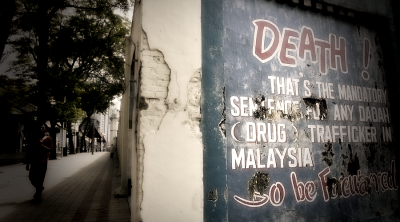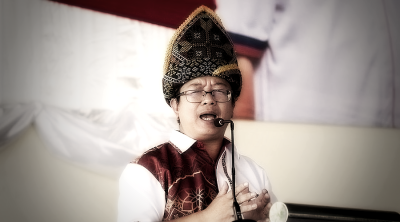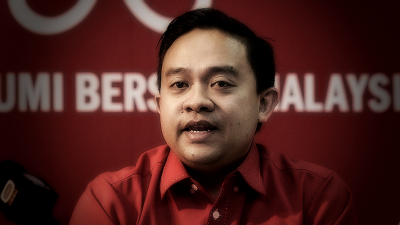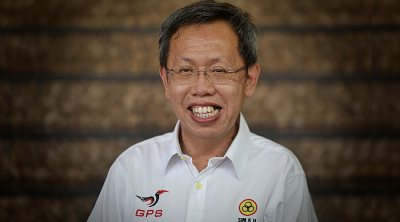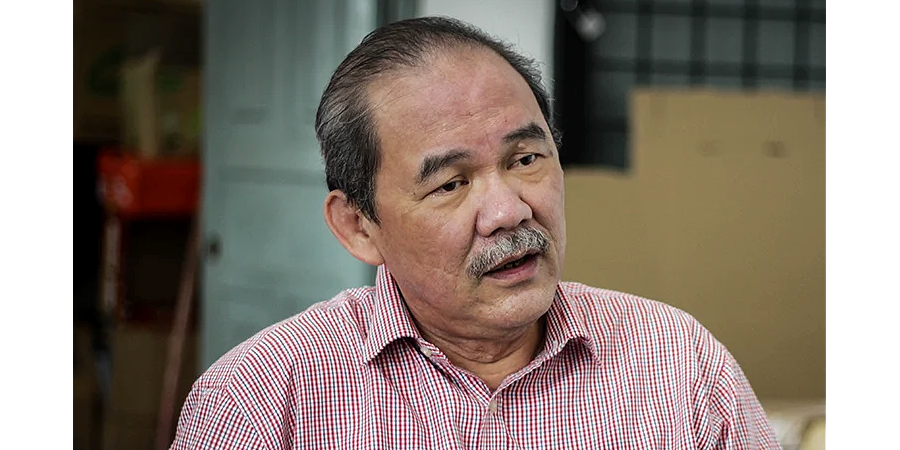
Corruption is indeed a popular subject for media columnists and I think I must have written about it countless times over the years in various publications.
Journalists are aware that corruption has widespread consequences—it undermines governance, damages economies, erodes public trust and negatively impacts the daily lives of ordinary citizens.
Because of this, it resonates with a broad audience, making it a powerful and relatable topic for columnists to explore.
Permit me a moment to pen a personal account.
Fifteen years ago, in 2010, I started a Sarawak-based NGO with a group of friends in Kuching.
The Movement for Change Sarawak (MoCS) was meant to be anti-corruption organization, and our goal was to go after the “daylight robbers” in our homeland.
Our target was specific and we went after the top guy who was not someone Sarawakians would trust.
I’ll cut the story short here as it is not my intention to highlight personal achievements. I mention this principally because of the link to the subject of corruption. (Of course, those keen to know more can easily google “MoCS”).
This is my first piece on corruption in Sin Chew and it is prompted by a May 27 report in Free Malaysia Today headlined “Corruption a ‘big problem’ despite Malay religiosity, says G25 member.”
In the news story, G25 member Johan Ariffin Samad wants the authorities to decouple religion from politics, saying it would help the country’s battle against corruption.
G25 is a group of prominent retired civil servants who came together to advocate for moderation, good governance and constitutional integrity.
Johan cited a Transparency International 2020 survey in which 71 percent of Malaysians felt that government corruption was a “big problem.”
Malaysians, according to the “Global Corruption Barometer for Asia 2020,” viewed Parliament, the police and the government as institutions most likely to be corrupt.
Johan noted that these institutions are “overwhelmingly dominated by the Malays, who by definition under the Federal Constitution must be Muslim.
“Despite outward displays of faith, rampant corruption continues to erode Malaysia’s institutions and future,” he said.
I will refrain from commenting on the religiosity aspect, but allow me to say this.
Anwar must go beyond optics and ensure that anti-corruption efforts are applied consistently and transparently, even when it involves allies.
On record, PAS president Abdul Hadi Awang has been quoted by the media as saying “accepting a bribe is not wrong in Islam.” I guess many must be chewing on the Tok Guru’s controversial declaration.
Johan added that Malay politicians would use race and religion, two concepts which are deeply intertwined, to “shield, justify or deflect wrongdoing.”
Is it any wonder then that when the issue of corruption in Malaysia is brought up in any forum, any right-thinking Malaysian would feel ashamed?
If there is a necessity to refresh one’s memory, four living former prime ministers and their children or associates have been alleged to have been involved in corruption or facing money-laundering charges in court.
One is serving time for the IMDB scandal which on record, is one of the world’s biggest financial scams.
So, shouldn’t Malaysians bow their heads in shame when their so-called national leaders are not exactly people you can rely on?
Prime Minister Anwar Ibrahim took on the anti-corruption drive as a top priority in all his electoral campaigns.
However, since becoming the nation’s tenth prime minister in 2022, he must have realized that eradicating corruption is easier said than done.
Anwar knows that some corrupt ex-leaders are still at large and the PM explained that he was extending MACC chief commissioner Azam Baki’s tenure because “he was a brave man.”
Mind you, this PM’s pro-Azam action did not go down well with many, including those in the government.
Anwar has always been vocal in his anti-graft stance, and in his speech last year at the 2024 National Good Governance Symposium, he repeated his determination to go after the corrupt.
He stressed that he would never compromise on the issue of corruption, whether it involves government backbenchers or opposition members.
He also repeated his commitment to fighting corruption, and wants to ensure that such practices do not occur in the administration of the Madani Government.
Easier said than done, of course. So where are we now on corruption since Anwar took over as PM almost three years ago?
Sadly, the perception of political targeting has not helped the PM.
Critics argue that the anti-corruption drive disproportionately targets political adversaries.
However, there is a little consolation for Anwar. Malaysia’s Transparency International’s Corruption Perceptions Index (CPI) ranking improved from 61st in 2022 to 57th in 2023, marking the first uptick since 2019.
Anwar has set an ambitious goal for Malaysia to reach the top 25 within a decade. However, experts caution that relying solely on CPI rankings may not fully capture the complexities of corruption and governance challenges in the country.
To be fair to PM Anwar, his battle against corruption represents one of the most ambitious and visible reform campaigns in recent Malaysian history.
To sustain momentum, Anwar must go beyond optics and ensure that anti-corruption efforts are applied consistently and transparently, even when it involves allies.
Only then can Malaysia truly begin to dismantle the culture of impunity and patronage that has long plagued its political system.
(Francis Paul Siah is a veteran Sarawak editor and currently heads the Movement for Change Sarawak, MoCS. He can be reached at [email protected].)
ADVERTISEMENT
ADVERTISEMENT








